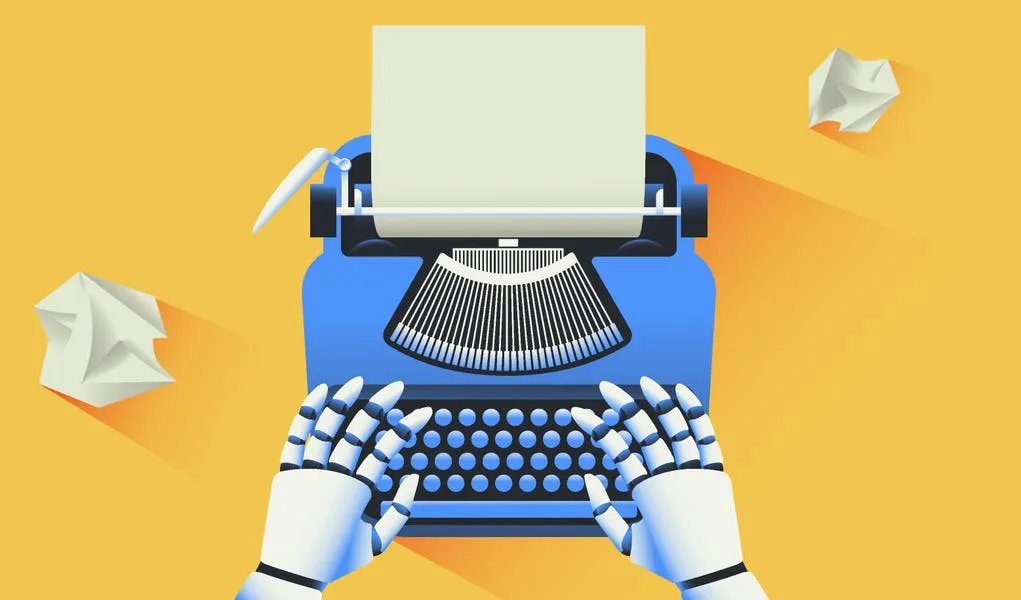The BBC is taking a major move to bring generative AI into its newsroom. This week the company announced that its AI-generated "At a Glance" summary box and a Style Assist editor will move into live production. This gradual rollout is meant to help journalists, not replace them, according to the BBC.
Rhodri Talfan Davies, the BBC's executive sponsor for generative AI, described the pilots as "about making our journalism more accessible." He added that "any wider rollout will depend entirely on the results of these tests and ongoing engagement with editorial teams."
After testing a dozen internal AI prototypes, the BBC focused on two tasks: producing quick bullet-point explainers and refitting Local Democracy Reporting Service (LDRS) stories to the BBC's tone. These aim to match what readers want and ease workload backlogs.
"Short, scannable bullet-point summaries have proven popular with readers - particularly younger audiences - as a quick way to grasp the main points of a story," said Davies. "We're going to look at whether adding an AI-assisted bullet point summary box on selected articles helps us engage readers and make complex stories more accessible."
Over the past 18 months, BBC teams tested around a dozen AI tools behind closed doors. Data from those tests showed two clear pain points: producing bullet-point explainers as quick summaries for TikTok-era readers and reformatting hundreds of LDRS stories into BBC style each day. The new pilots tackle both issues.
With the At a Glance Summaries tool, journalists select a prompt template, and the in-house language model writes three to five bullet points. The reporter then edits and approves them. Each summary includes a clear on-page disclosure noting that it was "AI-assisted and journalist-edited."
Style Assist works on incoming LDRS stories. The AI rewrites them in BBC tone, flags legal issues, and spots missing attributions. Editors always have the final say.
"In line with our AI principles, nothing is published without being checked first by a BBC journalist," Davies emphasized. "The AI tool has no role in creating the original story - which has been researched and written by our LDRS partners."
Over the six-week pilot, the BBC will measure engagement from summary boxes, time saved styling LDRS stories, and the error rate after editor review. If results match expectations, the BBC could roll these tools out to more desks and story types.
The BBC isn't new to AI. Since early 2023, it's used it to transcribe live football action, create subtitles on BBC Sounds, and translate for global bureaus. It also published its AI approach. The three rules that guide its use of AI: reporters call the shots, label any AI help, and make sure it adds value, not just speed. These match the European Broadcasting Union's draft ethics code for public media.
The BBC's steps mirror a broader industry trend. This past Friday, Reuters named veteran editor Rob Lang as its first dedicated Newsroom AI Editor, charged with turning "innovative AI ideas into valuable editorial solutions." Lang will oversee prompt-engineering standards, integrating tools such as Lynx Insight for data-driven story leads and the use of its Fact Genie tool for summarization.
The Associated Press has been using automated earnings reports since 2014 and is currently piloting AI-based headline writers trained on its style book. The New York Times recently disclosed that its new personalized audio app relies on an in-house LLM to stitch host reads with journalist-narrated articles.
The common thread? AI can assist with tasks like formatting or summaries, but it does not make the final editorial call.
These tools aren't perfect. In BBC trials, Style Assist sometimes muddled attributions, so editors slowed down to fact-check more. Misinformation risk is real.
Recent coverage on Forbes warns that overuse of AI in newsrooms could lead to bland, unoriginal content that erodes trust. There's also knotty legal issues if AI trains on private data without clear rights.
There are three reasons that drive the BBC's decision to experiment more broadly with genAI content. The first is that reader habits are shifting. Young people scroll very quickly. Summaries might keep them around.
Second, is the issue of budget cuts. The BBC's funding, adjusted for inflation, is down 21% since 2010, so efficiency matters. AI offers an attractive solution.
Finally, there is global momentum on the use of AI. Newsrooms worldwide are racing on AI. Standing still carries risk.
Success here could mean national news, sports, and explainer teams get the tools next. The BBC might refine Style Assist for in-depth features or impartiality checks. It could even share its prompt recipes so smaller outlets benefit.
AI won't write headlines for the BBC yet. But it's already rewriting stories behind the scenes, tweaking tone, checking for legal clarity, and speeding up translation.In a world where audiences are wary and attention spans are short, the BBC is choosing a model where AI runs quietly in the background, and journalists stay in charge.
